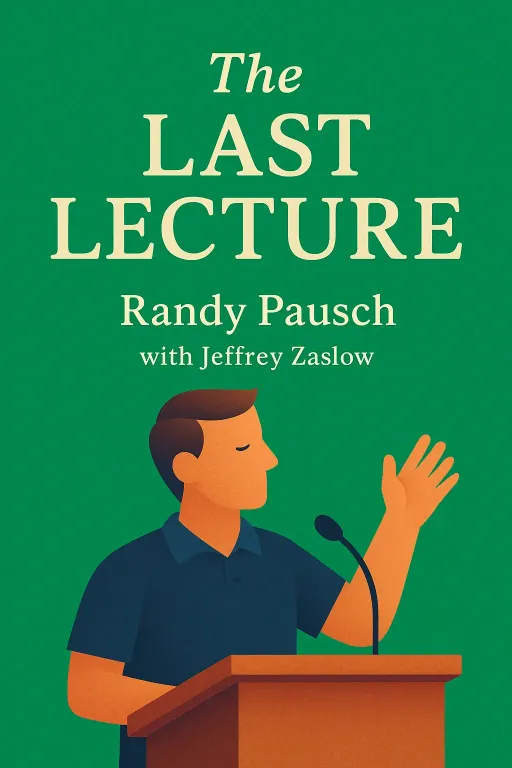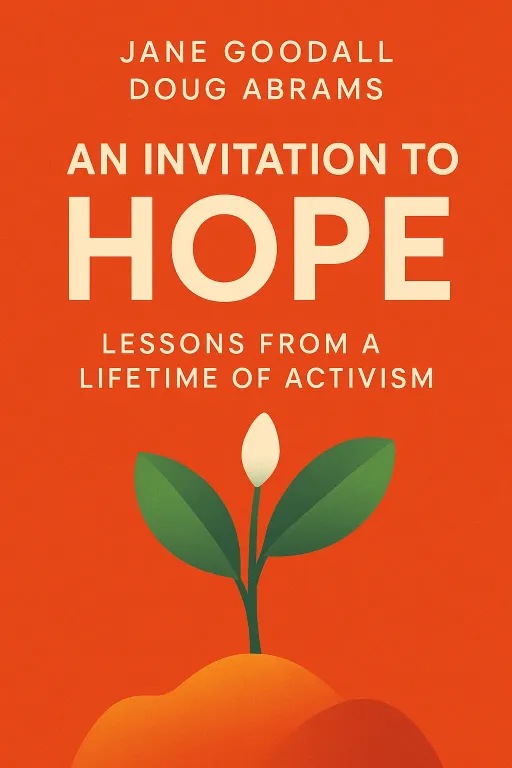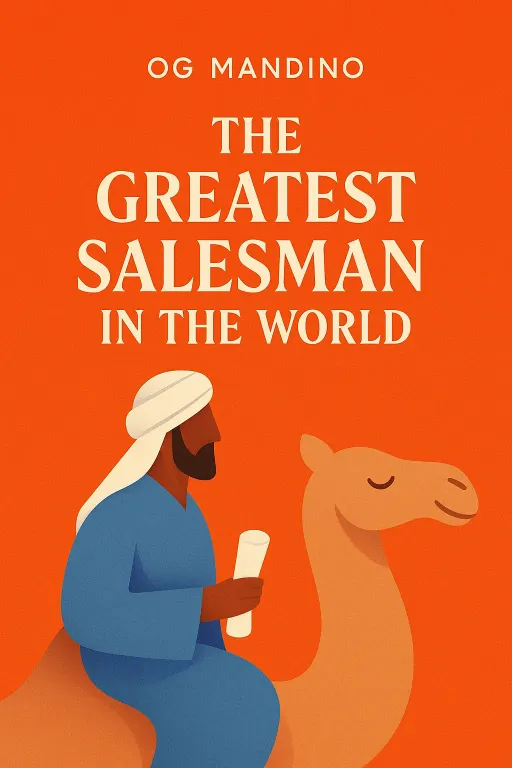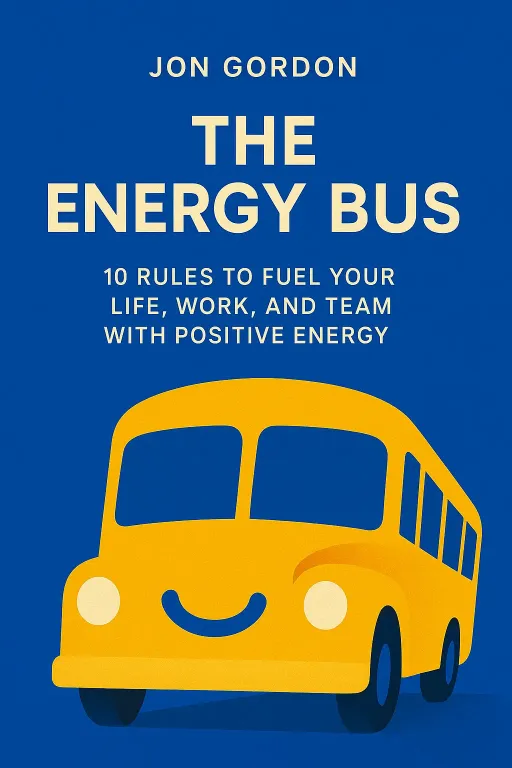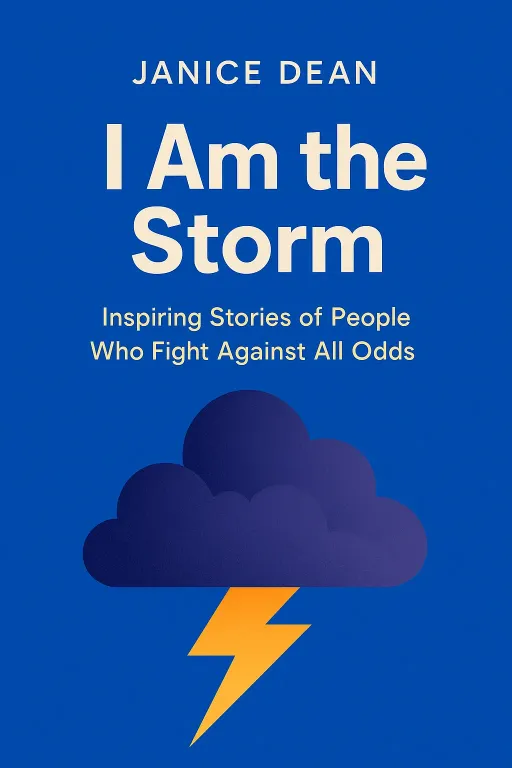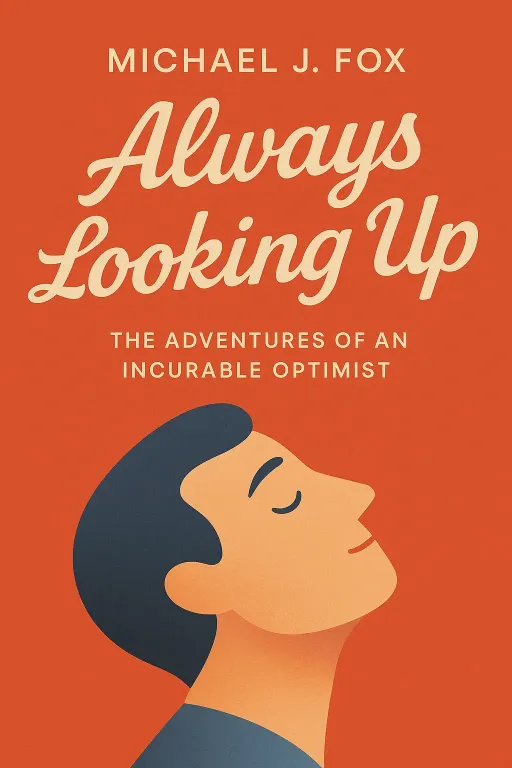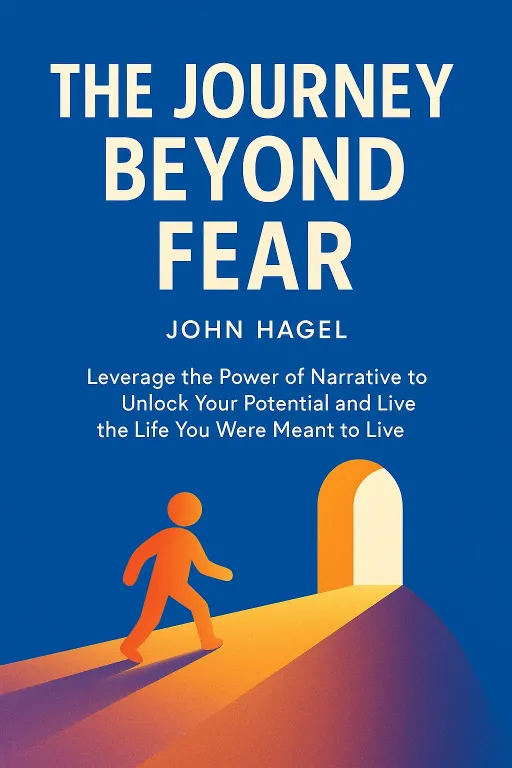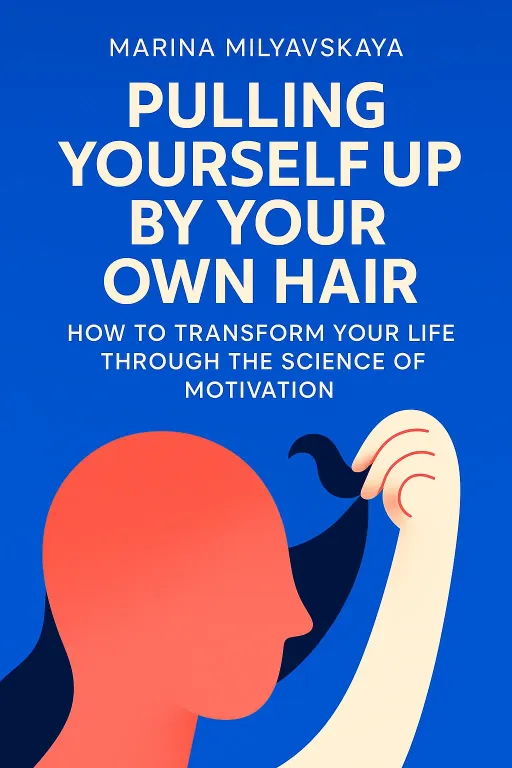
Architect Your Ambition
9 minSurprising Lessons from the Science of Motivation
Golden Hook & Introduction
SECTION
Michelle: Alright Mark, I'm going to say the title of a self-help book, and you give me your honest, gut-reaction review in one sentence. Mark: Oh, I love this game. Hit me. Michelle: Pulling Yourself Up by Your Own Hair. Mark: Sounds like a recipe for a hernia and a very bad hair day. I'm immediately skeptical. Michelle: That's exactly the point! The author, Ayelet Fishbach, uses that impossible image of Baron Munchausen pulling himself out of a swamp to kick off her book, Get It Done. She's a top behavioral scientist at the University of Chicago, and her whole argument is that we've been thinking about motivation all wrong. Mark: Ayelet Fishbach... I think I've heard that name. Her work gets cited a lot, right? It’s praised for being really evidence-based, not just fluffy advice. It has a reputation for being one of the better, more scientific self-help books out there. Michelle: Exactly. She's a giant in the field, a past president of the Society for the Science of Motivation. And she argues that self-motivation isn't about some magical inner strength, like the Baron pulling on his own hair. It’s about science. And her core idea starts by demolishing the myth of willpower.
The Architecture of Motivation: It's Not Willpower, It's Your World
SECTION
Mark: Okay, demolishing willpower. I'm listening. Because every motivational book I've ever picked up basically boils down to "try harder" or "have more grit." Michelle: Right? And Fishbach says that’s like telling someone to fly by flapping their arms harder. The problem isn't the effort; it's the approach. The book's foundational principle is that you change behavior by modifying the situation in which it occurs. Mark: Hold on, changing the 'situation'? That sounds a bit abstract. What does that actually mean? Isn't that just a fancy way of saying 'clean your desk'? Michelle: It can be that simple, but the principle is much deeper. She gives a really basic example. Say you want to eat healthier. The willpower approach is to stand in front of a fridge full of cake and junk food and just resist. It's exhausting and it usually fails. Mark: I can confirm. The cake always wins. Michelle: The situation-change approach is different. You don't buy the cake in the first place. You fill your fridge with pre-cut fruits and vegetables. You tell your family, "Hey, my goal is to eat healthy, please don't offer me pizza." You make the right choice the easy choice. You're not fighting your desires; you're designing a world where your desires align with your goals. Mark: That makes sense. It’s like you’re being a clever architect of your own laziness. You make it harder to do the wrong thing than the right thing. But that feels… small. Does this scale up from hiding cookies to, say, climbing a mountain? Michelle: It absolutely does, and this is where the book gets really serious. She uses the story of the 1996 Mount Everest disaster to show how powerful these forces are, and how dangerous a poorly designed motivational system can be. Mark: Whoa, okay. That's a huge leap from snacks to one of the biggest tragedies in mountaineering history. How does that connect? Michelle: Well, the climbers had an incredibly powerful goal: summit Everest. It was exciting, it was quantifiable, it was the peak of their lives, literally. But that goal was so powerful it made them blind to their changing situation. The weather was turning, the sun was setting, their oxygen was running low. The situation was screaming "TURN BACK." Mark: But they didn't. They kept pushing for the summit. Michelle: Exactly. Two of the climbers, even when they were so exhausted they could barely move, continued up instead of turning around. The goal overrode everything. They reached the summit, had this brief moment of elation, and then the blizzard hit on the way down. Eight people died. Mark: Wow. So the goal itself became the trap. Their motivation was actually the problem. Michelle: Precisely. Fishbach's point is that goals are powerful tools, and they need to be handled with care. A good goal isn't just about what you want to achieve; it's about whether it's the right goal for you, in your current circumstances. It should feel like an aspiration, not a chore you're forcing yourself to do against all logic. The Everest climbers had a goal, but they lost sight of the bigger goal: to live. Mark: That’s chilling. It completely reframes the idea of "unstoppable ambition." Sometimes, stopping is the most motivated, intelligent thing you can do. So the first part of this architecture is choosing a goal that pulls you in a healthy way, and then building a world around it that makes the path easier. Michelle: You've got it. It's not about being the strongest person in the room; it's about building the smartest room.
Navigating the Messy Middle and The Power of Others
SECTION
Mark: Okay, so setting up the right goal and environment gets you started. I'm on board with that. But what about three months later when you're bored, the novelty has worn off, and you just want to quit? That's the real killer for me. The book talks about this, right? Michelle: It’s what she calls "the middle problem," and it's one of the most relatable parts of the book. The beginning of a goal is exciting. The end is in sight and you get a final burst of energy. The middle is just… a slog. Mark: It’s the endless, boring part of the road trip between the fun departure and the exciting destination. Michelle: A perfect analogy. And she tells this amazing personal story to illustrate how to survive it. When she was 18, she was drafted into the Israeli military for two years of mandatory service. She got stuck with a mind-numbingly boring office job, just pushing papers. She couldn't quit, but she was completely unmotivated. Mark: That sounds soul-crushing. What did she do? Michelle: She created what she called a "Calendar of Despair." She would mark off every single day, not counting down the two years, but counting down to her next short vacation. She broke the giant, overwhelming goal of "surviving two years" into tiny, manageable subgoals: "survive until the weekend." Mark: So it's the world's most depressing advent calendar? But it worked! It's about making progress visible when you feel like you're going nowhere. Michelle: Exactly! It's about monitoring progress. And how you monitor it matters. She explains that at the beginning of a goal, it's more motivating to focus on what you've already accomplished—the "glass half full" approach. It builds commitment. But in that long, messy middle, it can be more powerful to focus on what's left to do—the "glass half empty." Mark: That’s counter-intuitive. Why would focusing on how much you have left be motivating? It sounds stressful. Michelle: Because it creates a sense of urgency. It reminds you the journey isn't over and you need to keep moving. It's a strategic way to fight off the complacency that sets in during the middle. It’s like, "Okay, I've read 50% of this book, but I still have 50% to go, I need to get back to it." Mark: And I imagine the middle is also when other things start to look more attractive. The "competing goals" she mentions. Like, my goal is to write a book, but in the middle of chapter four, adopting a puppy suddenly seems like a fantastic idea. Michelle: That's the perfect example from the book! The puppy goal and the promotion goal. They pull you in different directions. Fishbach argues that we have a whole "goal system," with big life goals and smaller subgoals. The key is to recognize when they're in conflict. You can't effectively will two competing things at once. You have to prioritize, or find a way for them to work together. Mark: Which brings us back to the idea that this isn't a solo mission. The puppy, the promotion, the family you told about your diet—other people are always involved. Michelle: They are the final, crucial ingredient: social support. We are fundamentally social creatures. She points to something as simple as "the wave" in a sports stadium. Thousands of strangers, with no leader, perfectly coordinating a complex action. Or the moon landing—one person walked on the moon, but it took 400,000 people to get him there. Mark: Teamwork makes the dream work, as the poster in the office says. Michelle: It's more than a cheesy poster. The science shows that having role models, working in a team, or even just having someone you're accountable to, dramatically increases your chances of success. We are wired to cooperate and to be influenced by others. Using that wiring is a core part of designing your motivational system.
Synthesis & Takeaways
SECTION
Michelle: So, when you put it all together, Fishbach's framework is a total re-wire. Motivation isn't a muscle you flex until it fails; it's a system you design. It starts with choosing a goal that genuinely pulls you, then engineering your world to push you, tracking your progress to keep you going in that messy middle, and finally, leaning on others to hold you up. Mark: And it's not just about success. The Everest story shows it's also about survival. A badly designed motivational system can be genuinely dangerous. It's about choosing goals that serve your overall well-being, not just your ambition. It’s a much more holistic and, frankly, humane way to think about achieving things. Michelle: It really is. It takes the burden off of this idea of a flawed, weak-willed self and puts the power back into your hands as a designer, an architect of your own life. Mark: I like that. It feels less like a moral failing when you procrastinate and more like a design problem you need to solve. Michelle: Exactly. So the challenge for everyone listening is to pick one goal you have, and instead of trying to find more willpower, find one thing in your environment you can change today to make achieving it easier. It could be putting your running shoes by the door, deleting a distracting app from your phone, or telling a friend about your goal. Mark: I'm genuinely curious what people come up with. That small-change approach feels so much more doable. Let us know what small change you're making. We'd love to hear about it. Michelle: This is Aibrary, signing off.
